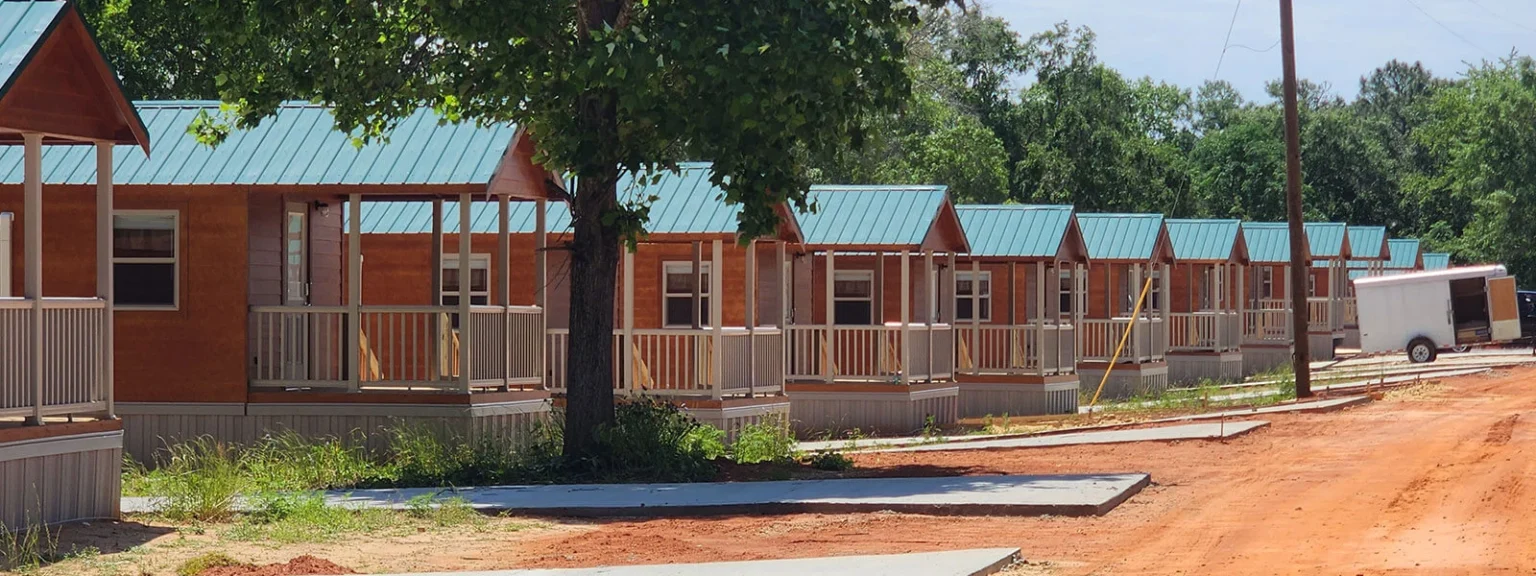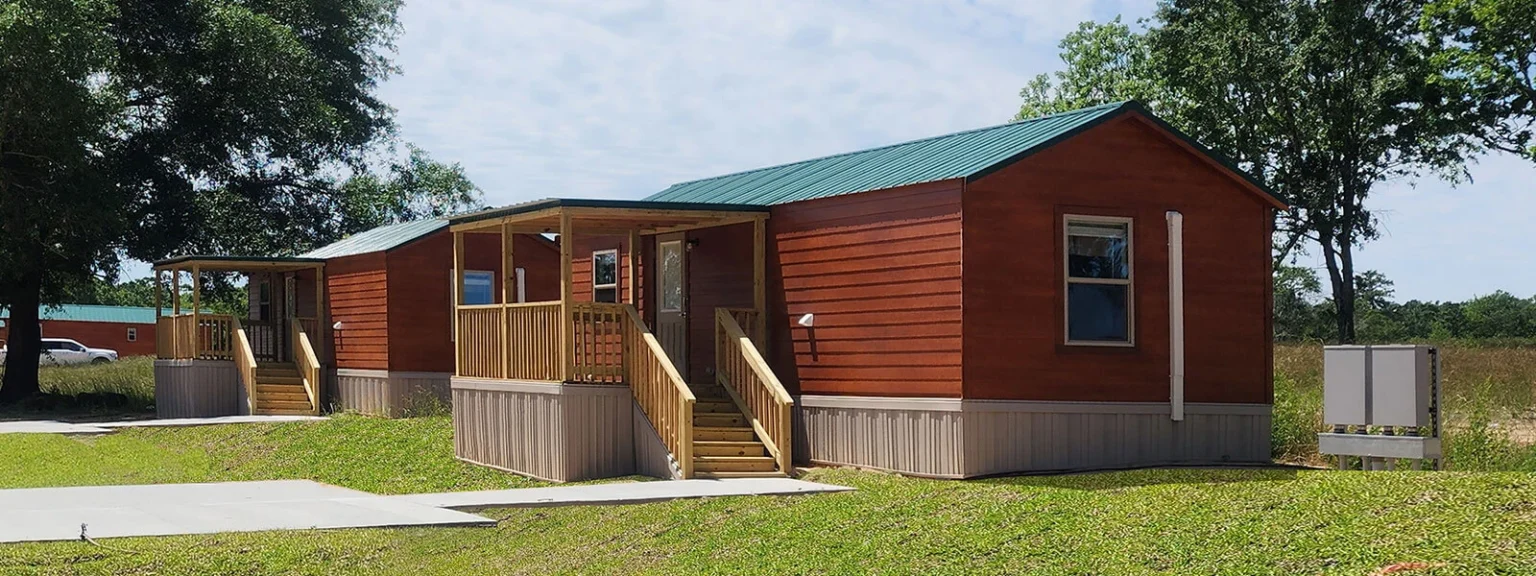Exploring the H-2A Migrant Worker Visa Program
and its Potential for Ecotourism Integration

Compliance Measures and Worker Protections

Modifications to Existing Housing
Integrating Ecotourism with Agricultural Operations
Benefits of Ecotourism Integration
Integrating ecotourism with agricultural operations through the H-2A program holds several benefits:
- It creates a diversified revenue stream that reduces reliance solely on agricultural output.
- It enhances rural economies by attracting tourists and creating job opportunities beyond traditional agricultural roles.
- It promotes environmental stewardship and educates visitors about sustainable farming practices, which helps to raise awareness about the importance of responsible food production.
The H-2A migrant worker visa program is a vital resource for agricultural employers facing labor shortages. By adhering to compliance measures, including worker protection and documentation requirements, employers ensure fair treatment and safety for all workers involved. Modifications to existing housing can improve living conditions, thereby enhancing the overall well-being of migrant workers. Additionally, exploring opportunities for integrating ecotourism with agricultural operations can provide farmers with an alternative source of income while promoting sustainable practices and engaging with the broader community. The H-2A program not only supports agricultural productivity but also holds the potential to contribute to local economic growth through creative initiatives like ecotourism. As such, it is a program that should continue to be explored.


